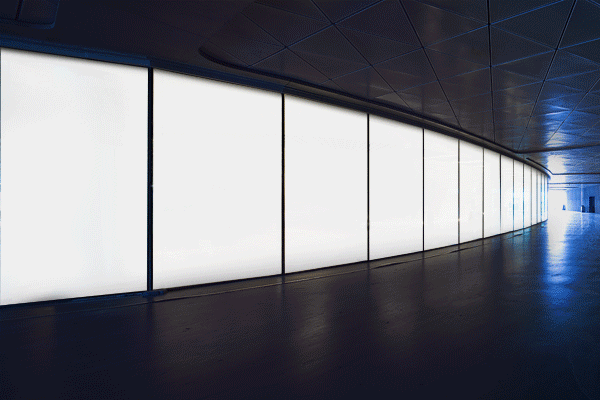In recent years, the field of interior design and architecture in Malaysia has witnessed a surge in the popularity of smart film and smart glass. These innovative technologies have revolutionized the way spaces are designed, adding a touch of elegance, functionality, and sustainability. In this blog post, we will explore the reasons why smart film and smart glass have gained significant traction among interior designers and architects in Malaysia.
1. Enhanced Aesthetics:
Smart film and smart glass offer endless possibilities when it comes to creating visually stunning interiors. With the ability to transition from transparent to opaque, these technologies provide designers the flexibility to control privacy and light transmission. Architects can incorporate these dynamic elements into their designs, allowing for the creation of versatile spaces that adapt to changing needs and aesthetics.
2. Privacy and Light Control:
One of the key advantages of smart film and smart glass is their ability to provide privacy on demand. By simply adjusting the opacity of the film or glass, occupants can instantly shield themselves from prying eyes. This feature is particularly important in Malaysia, where maintaining privacy without sacrificing natural light is crucial in both residential and commercial settings.
3. Energy Efficiency:
Smart film and smart glass contribute to energy efficiency, a growing concern in Malaysia’s architecture and design industry. By controlling the amount of sunlight entering a space, these technologies help reduce the reliance on artificial lighting and minimize the need for air conditioning. This translates into lower energy consumption and significant cost savings, making them a sustainable choice for environmentally conscious projects.
4. Interactive Design:
The interactive capabilities of smart film and smart glass provide an innovative and engaging experience for users. These technologies can be integrated with touch sensors, allowing users to control transparency, switch between different modes, or display multimedia content. Such interactive design elements are particularly popular in retail spaces, where they create an immersive environment and elevate the overall customer experience.
5. Noise Reduction:
In bustling urban areas like Malaysia’s major cities, noise pollution is a common concern. Smart film and smart glass possess excellent acoustic properties, effectively reducing external noise levels. Interior designers and architects can use these technologies to create peaceful and tranquil environments, whether it’s in office spaces, hotels, or residential buildings.
6. Flexibility in Space Planning:
Smart film and smart glass provide architects and interior designers with greater flexibility in space planning. By using these technologies, they can transform open-plan areas into private meeting rooms or convert glass partitions into writable surfaces. This adaptability not only enhances the functionality of spaces but also allows for efficient utilization of available square footage.
7. Integration with Building Management Systems:
Another reason for the popularity of smart film and smart glass in Malaysia is their seamless integration with building management systems. These technologies can be connected to automated control systems, enabling centralized management of various functions such as lighting, temperature, and privacy settings. This integration enhances convenience and efficiency while providing occupants with greater control over their environment.
The increasing popularity of smart film and smart glass among interior designers and architects in Malaysia can be attributed to their ability to enhance aesthetics, provide privacy and light control, contribute to energy efficiency, offer interactive design possibilities, reduce noise levels, enable flexibility in space planning, and integrate with building management systems. As these technologies continue to evolve, we can expect to see even more innovative and sustainable applications in the realm of interior design and architecture across Malaysia and beyond.



